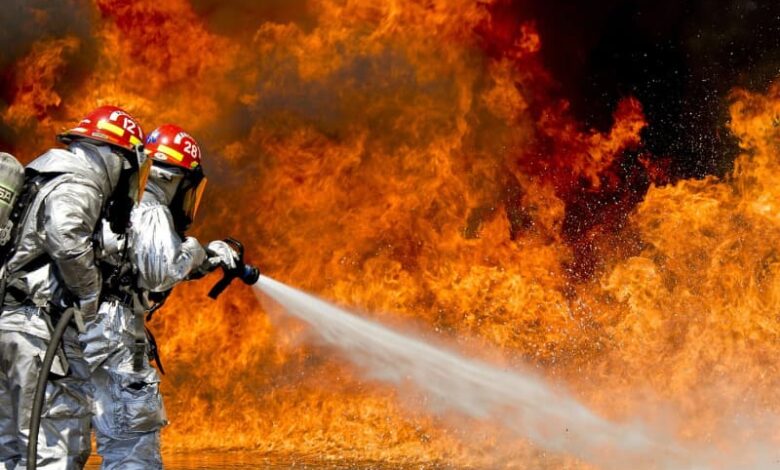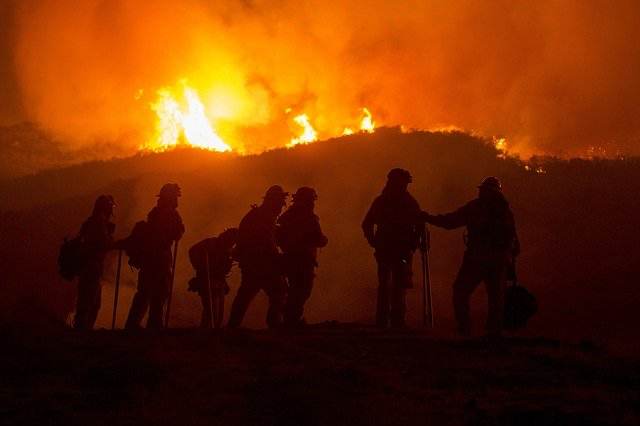Colorado eyes state-run wildfire reinsurance facility, with cat bonds in the mix

Colorado lawmakers have taken a significant step toward reshaping the state’s insurance landscape by advancing legislation that would establish a state-run wildfire reinsurance facility, one that could tap into the catastrophe bond market to help manage growing climate-related risks.
The purpose of the reinsurance program is to stabilise Colorado’s homeowner’s insurance market and encourage insurers to continue writing coverage in high-risk wildfire zones.
In exchange for access to the facility’s reinsurance support, participating insurers would be required to offer policies in wildfire-prone areas, ensuring coverage remains available to homeowners most exposed to natural catastrophe risk.
“Finding insurance has been increasingly difficult for Colorado property owners, especially on the Western Slope, and this legislation would stabilize the insurance market to create more affordable coverage,” said Speaker Julie McCluskie, D-Dillon.
“From catastrophic wildfires to hail storms that cause billions of dollars of damage in minutes, extreme weather events can upend entire communities. This legislation would create more competition in the insurance market to drive down costs and save Coloradans money on their property insurance,” she added.
To fund the reinsurance program, the bill authorises the enterprise to issue revenue bonds and catastrophe bonds, the latter being a notable inclusion that brings insurance-linked securities (ILS) into fruition.
Under the proposal, if a qualifying wildfire disaster occurs, the principal from the cat bond would be used to cover reinsurance payouts. If no such event occurs during the bond term, insurers may be asked to contribute fees to help redeem the bond.
At the same time, the proposal empowers the enterprise to invest funds from the bonds and fees, and establishes mechanisms to collect additional revenue from insurers if needed.
“Colorado is one of the least affordable states for homeowners insurance, which is why we’re bringing this bill to make insurance more accessible and affordable for Colorado homeowners,” commented Rep. Kyle Brown, D-Louisville.
Adding: “After the Marshall Fire devastated my community, many Coloradans found it difficult to find affordable home insurance. Through this legislation, we’re helping Colorado homeowners protect their properties from damage and expanding insurance coverage options that work for hardworking Coloradans.”
In addition, the legislation also introduces a new consumer protection provision related to homeowners’ insurance pricing. It presumes that rates are excessive if an insurer’s loss ratio falls below 75% over a three-year period. In such cases, the insurer would be required to reduce its submitted rates by at least 5% compared to the previous year.
Furthermore, HB25-1302 also creates a second initiative, the Strengthen Colorado Homes Enterprise, which is a state-owned business that imposes and collects a fee from insurers, including the FAIR plan association, that offer homeowner’s insurance policies in Colorado, which fee is equal to 1.5% of the dollar amount of the premiums that the insurer collects from homeowners for issuing homeowner’s insurance policies.
The bill still requires further debate and approval before it can be sent to the Senate, but its early progress signals growing urgency to address the state’s escalating insurance crisis.
Alongside the proposed reinsurance facility, Colorado legislators are also moving forward with House Bill 25-1182 (HB25-1182) a bill designed to bring greater transparency and fairness to how insurers assess and price wildfire risk using catastrophe models and other predictive tools.
The legislation, developed in collaboration with insurance industry stakeholders, would require insurers to factor in homeowner mitigation efforts, such as defensible space or fire-resistant construction, when determining wildfire risk and setting premiums. This aims to incentivise proactive risk reduction and ensure pricing reflects real-world efforts to protect homes.
Under HB25-1182, carriers that use wildfire risk models, catastrophe models, or scoring systems for underwriting must meet new disclosure requirements. Companies would also need to share information on their risk models with the state’s insurance division, as well as explain to homeowners how their risk is calculated and what they can do to lower it, and allow homeowners to appeal their risk score.
If enacted, both bills would mark a considerable shift in how Colorado addresses the insurance implications of escalating wildfire risk, blending market stability, risk transparency, and public-private collaboration.